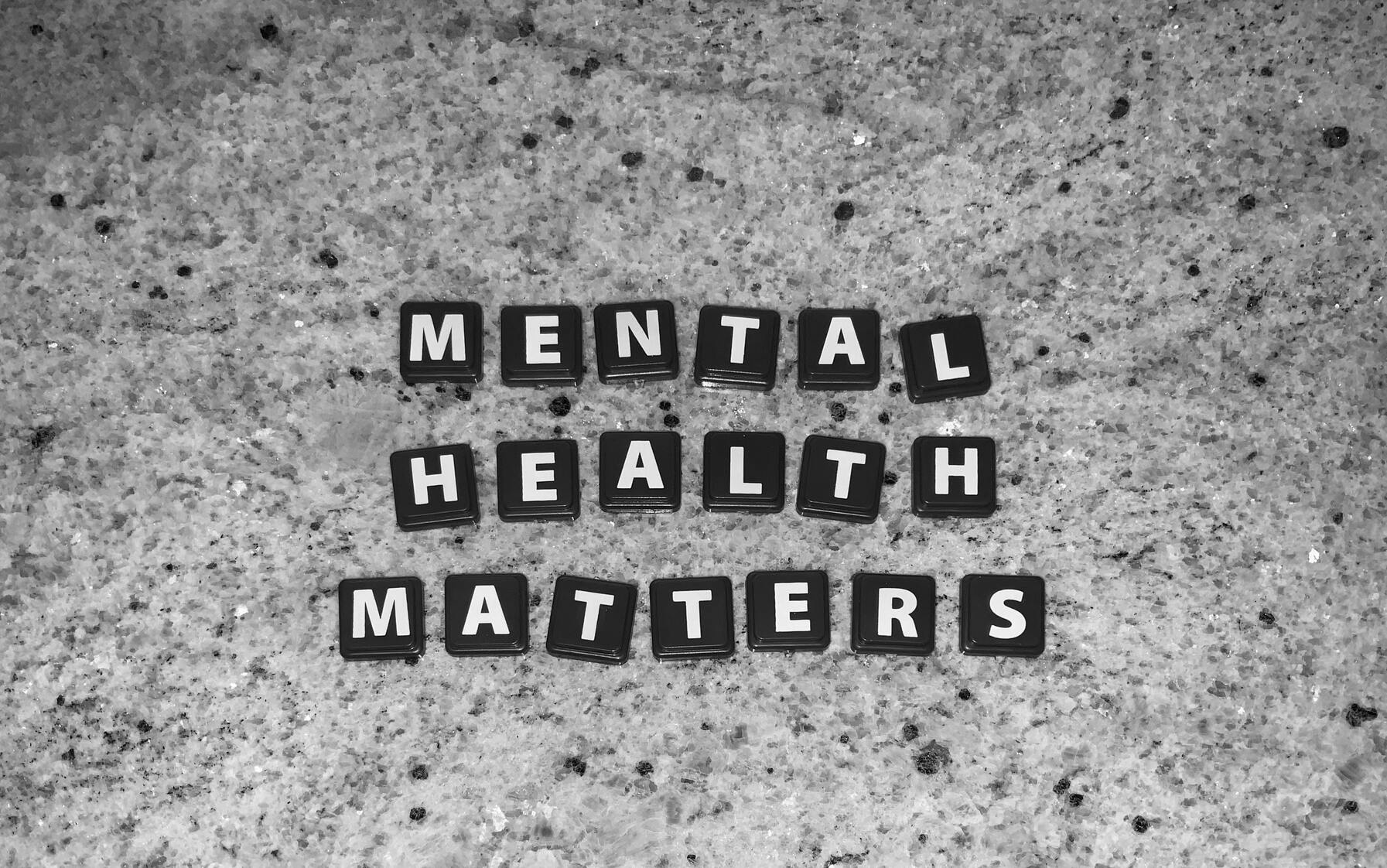Today is World Mental Health Day 2022! This year the World Health Organisation raises the alarm bells and advocates for health care for all. In the hospitality industry, the need is already critical.
If anybody told us at the beginning of 2019 that in a few months we would be confined to our homes and our jobs would be under threat we would have said they were crazy. Yet here we are in the post-pandemic 2022, and still facing enormous challenges such as inflation, inequality, wars and climate change. In the recent past, our mental health has taken a beating. As a result, more and more people are seeking help for disorders such as anxiety, acute stress and depression.
When you work in hospitality, problems with mental health are compounded for various reasons. Long hours, low entry-level pay and shift work can lead to a sense of loss of control and self-worth. On top, customers, who may be suffering from stress and anxiety themselves, count on you to provide them with an uplifting experience – a huge challenge if your own endorphins are at low ebb.
Unlike other industries that are largely going remote, workers in the hospitality service sectors don’t have the luxury of ‘shielding’ behind a computer screen. Our jobs are public facing, and as we all know customers can be rude and demanding, leading to tense situations that can make you crash and burn.
Sound familiar? You may take comfort in the fact that you are not alone. According to a recent report from the UK-based Royal Society For Public Health, 84% of hospitality workers interviewed have reported increased stress, which they believe to be a consequence of their work. On top, almost two-thirds think that the hospitality industry doesn’t do enough to give emotional support to their employees.
Mental Health Self-Care For Hospitality Workers
While increased stress levels often feel just ‘par for the cause’ of working in hospitality, there are many things you can do to boost self-care and improve your psychological well-being.
Houston, we have a problem.
Perhaps the one positive side of the escalating mental health crisis is the diminishment of stigma. If anxiety, depression or stress is affecting you and your work, talk about it to your boss.
An understanding manager will attempt to help you by perhaps changing your shift or position in the team. Enlightened ones will already be organising group therapy, wellness, and esteem-building experiences to help all their employees feel happier and more fulfilled.
Whatever the case, communicating the problem is the first step on the road to recovery. And as a hospitality professional with stellar interpersonal skills, talking about your feelings is easier than you think.
Make self-care a priority
‘Work hard, play hard’ has long been the mantra in hospitality, an industry infamous for partying and drug and alcohol abuse. While we all want to bond with our co-workers at the end of a long shift, finding healthier ways to do so will not only increase your level of happiness and self-worth, but theirs as well.
Outdoor activities, at-home dinner parties and company sports teams are all ways to spend quality time with your co-workers away from the cocktail bar.
Know Your Worth
With employers facing huge challenges in securing professional staff, it could be argued that there has never been a better time to be in hospitality than right now. Whatever your position, from kitchen hand to events manager, your skills, expertise and experience are highly valued and very much in demand. Remember that.
Stay Curious
Continual learning is key to fulfillment in any job – and no other industry offers such a variety of jobs as hospitality. Scaling up by taking a course or learning an extra skill could be the boost you need to de-stress and regain hope. After all, when we visualise an eventual exit door in a negative situation, dark clouds immediately lift.
Seek Professional Help When Needed
As WHO states, one of the main challenges to providing global mental health care is the lack of accessible and affordable mental health services. With public health coffers depleted since the pandemic, quality mental health care can be prohibitive to access in almost every country in the world, even those with excellent public health systems.
However, alternatives to expensive private therapists and psychologists are beginning to appear. Enquire at your local health or community centre about group therapy sessions or support groups, or seek out one of the growing numbers of therapists who offer more affordable rates for online sessions.
Tips For Team Leaders To Preserve Mental Health In Hospitality
Preserving mental health in the workplace comes under duty of care. As a manager or team leader, you need to be alert to signs of stress and anxiety in order to maintain productivity and avoid staff churn.
Many people still feel a stigma attached to mental health issues, which is why providing a non-judgemental environment to express their feelings is so important.
One way you could do this is by gently starting the conversation yourself at your next get-together, or asking your company to introduce therapy into its employee healthcare package.
You could also organise a ‘safe’ space with weekly group therapy sessions, or advocate for a subscription to an app like Calm For Business, which gives staff members access to activities and practices that promote well-being. Sure, these measures come at a cost, but research suggests that investment in mental health support generates a return in profits.
Making Mental Health A Global Priority
Hosco fully concurs with the WHO that mental health support should be made a global priority.
Of course, bringing mental health support networks in line with those of medical care, particularly in low and middle-income countries, is an enormous challenge that must involve every level of society, from minor stakeholders to governments. Yet with skyrocketing rates of depression and anxiety, particularly in younger people, it is vital.
Hospitality is an industry whose mission is to care for others. Yet paradoxically we often forget to extend that level of care to ourselves. So as Mahatma Gandhi famously said, be the change you want to see in the world, and start advocating today for greater mental health awareness for yourself, and for all those that surround you.




